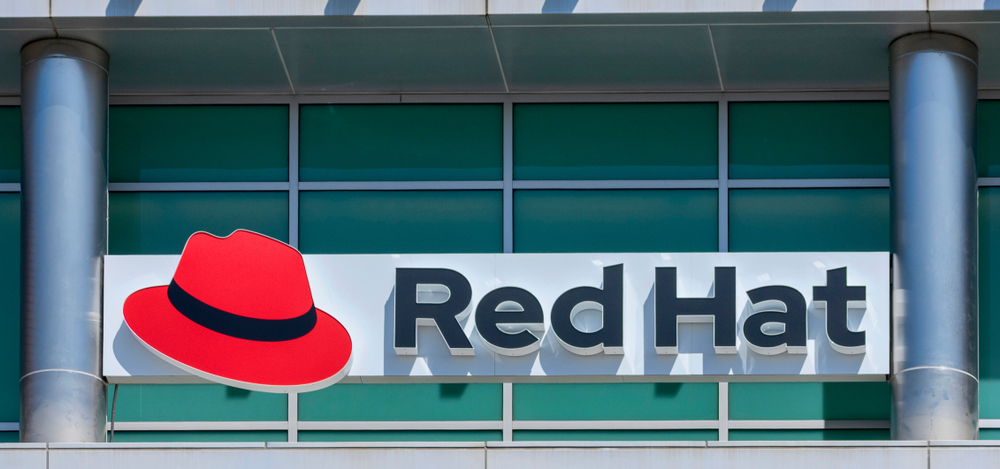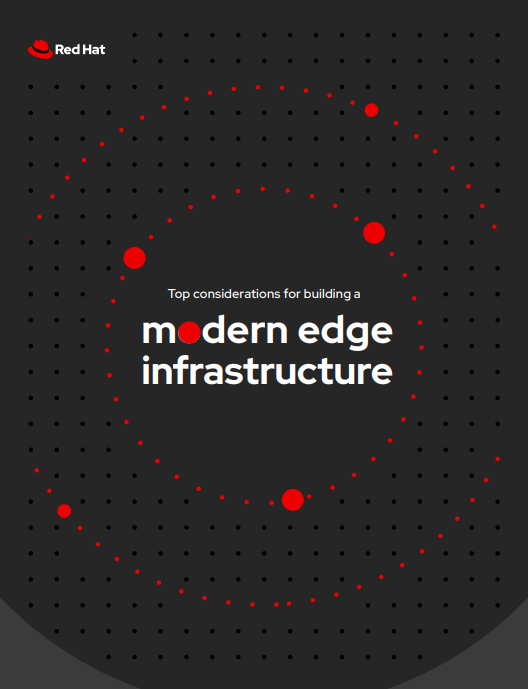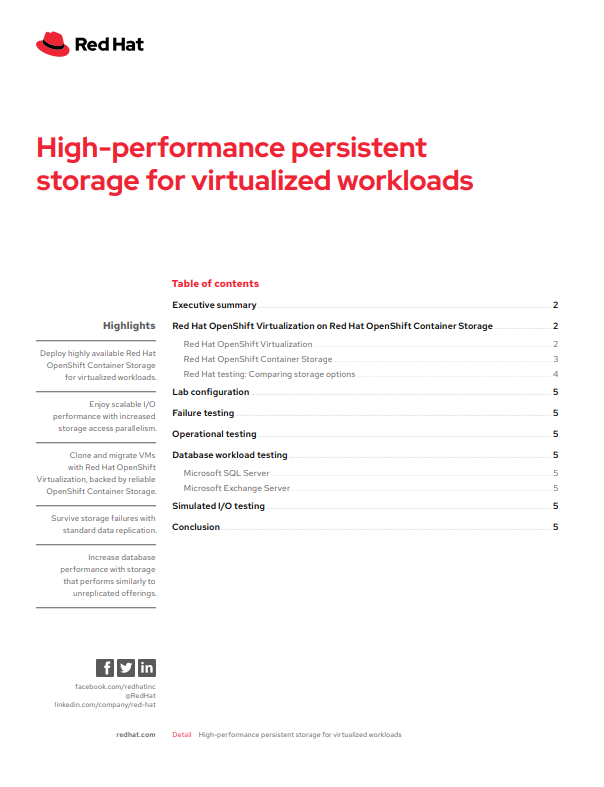Red Hat lambasts "unusual" University of Minnesota research approach in Linux feud
Establishing trust and transparency is key to open source research that actually matters, the company claims


Research must be closely aligned with the direction of the open source community or it risks becoming irrelevant, a senior Red Hat exec has claimed in light of the University of Minnesota controversy.
Researchers at the University of Minnesota were excoriated by senior Linux moderators last week after being caught attempting to embed the Linux kernel with inconsequential patches and vulnerabilities. They were stress-testing the submission process, and how the open source community would react to these flaws.
Although the university itself said it would take the matter "extremely seriously" and fully investigate the approach, the controversy led to the institution being banned from contributing to the Linux project again.
Red Hat’s senior vice president and CTO, Chris Wright, has branded this event as significant and unfortunate, adding that he fully backs Greg Kroah-Hartman and the broader community in their response to the “unusual” activity.
He added the only way to succeed in open source research is with the trust and consent of the community, while also adhering to the open source fundamentals.
His comments come as Red Hat announced an expansion of its own research endeavours with the University of Boston (UB), comprising a $551.9 million donation of software licenses and an additional $20 million in direct grants.
“First of all, it’s a significant event, and we’re paying attention closely, and I really support Greg Kroah-Hartman and the broader kernel community and their response to the unusual approach that University of Minnesota researchers took,” Wright said at a panel event at Red Hat Summit 2021.
Get the ITPro daily newsletter
Sign up today and you will receive a free copy of our Future Focus 2025 report - the leading guidance on AI, cybersecurity and other IT challenges as per 700+ senior executives
“Having said that, it sort of highlights a possible disconnect, or even the traditional notion of the academic ivory tower, that we’ve been looking at, actually, from a very different perspective with Boston University.
“At this point, open source is such an innovation engine across the industry, that it’s possible for academic researchers to produce research that in the end isn’t that interesting or novel because it’s not aligned with open source community directions. So, rapidly, that research doesn’t have the same level of impact.”
He added his focus with UB is working directly with researchers and engineers to make relevant changes for open source communities, and to make code modifications actually improve the quality of software. This is as opposed to research conducted simply for the sake of research, hinting that the University of Minnesota project was more preoccupied with research outcomes than contributing to the open source vision.
“Our focus, with Boston University, is working directly with researchers, with our engineers, on making changes that are relevant for open source communities,” he continued.
“And in order to do that we have to establish trust and credibility, and follow the openness and transparency models you expect in any open source communities - and that’s exactly the kind of work that our Red Hat engineers do with Boston University researchers in pursuit of academic research in the context of open source communities.
Researchers across several institutions can benefit from the $551.9 million worth of software licenses to access a suite of Red Hat platforms including Red Hat Enterprise Linux (RHEL), OpenShift, OpenStack Platform, Virtualization and Red Hat Ceph Storage.
RELATED RESOURCE

Being socially responsible in the developing world
Sample our exclusive Business Briefing content
The breadth of free software will grant Boston University and its partners, including Harvard University, resources to pursue cloud research projects. Red Hat claims its contribution will allow these institutions to develop technologies more quickly, and make existing services more efficient and accessible.
The subscriptions, set to be distributed over three years, will also boost a series of interrelated projects that form the open research cloud initiative, with the growth of these projects helping to advance research in cloud computing and AI operations.
Red Hat first announced its collaboration agreement with Boston University in 2017 as one that advanced research and education in open source and emerging technologies. Now known as the Red Hat Collaboratory, the project will also receive an additional $20 million funding boost over the next five years.
This expansion of funding will be committed to creating a joint operations research centre for the study of automated hybrid cloud operations at a larger scale, as well as the continued support of open source development.

Keumars Afifi-Sabet is a writer and editor that specialises in public sector, cyber security, and cloud computing. He first joined ITPro as a staff writer in April 2018 and eventually became its Features Editor. Although a regular contributor to other tech sites in the past, these days you will find Keumars on LiveScience, where he runs its Technology section.
-
 The Race Is On for Higher Ed to Adapt: Equity in Hyflex Learning
The Race Is On for Higher Ed to Adapt: Equity in Hyflex LearningBy ITPro
-
 Google faces 'first of its kind' class action for search ads overcharging in UK
Google faces 'first of its kind' class action for search ads overcharging in UKNews Google faces a "first of its kind" £5 billion lawsuit in the UK over accusations it has a monopoly in digital advertising that allows it to overcharge customers.
By Nicole Kobie
-
 UK enterprises lead the way on containerization, but skills gaps could hinder progress
UK enterprises lead the way on containerization, but skills gaps could hinder progressNews The UK risks fumbling its lead on cloud native deployments due to skills issues, according to Nutanix’s Enterprise Cloud Index (ECI) survey.
By George Fitzmaurice
-
 Kubernetes misconfiguration unknowingly exposed data of Fortune 500 firm, hundreds more
Kubernetes misconfiguration unknowingly exposed data of Fortune 500 firm, hundreds moreNews The Kubernetes misconfiguration could have had serious ramifications for the company
By Ross Kelly
-
 Is the Kubernetes security deficit widening?
Is the Kubernetes security deficit widening?In-Depth Kubernetes and containerization are surging in popularity but organizations are worrying over unaddressed cyber security risks
By Keri Allan
-
 Top considerations for building a modern edge infrastructure
Top considerations for building a modern edge infrastructureWhitepaper Extend hybrid cloud capabilities all the way to data sources and end users
By ITPro
-
 High-performance persistent storage for virtualised workloads
High-performance persistent storage for virtualised workloadsWhitepaper Evaluating the performance of Red Hat OpenShift Container Storage
By ITPro
-
 Red Hat launches OpenShift Platform Plus alongside new managed cloud services
Red Hat launches OpenShift Platform Plus alongside new managed cloud servicesNews A tertiary OpenShift tier comes alongside three apps for businesses to build on their Kubernetes-based hybrid cloud strategy
By Keumars Afifi-Sabet
-
 Red Hat bolsters Edge strategy with major RHEL platform update
Red Hat bolsters Edge strategy with major RHEL platform updateNews Red Hat Enterprise Linux 8.4 brings container deployment and management tools scaled around edge requirements
By Keumars Afifi-Sabet
-
 Amazon and Red Hat partner on bringing OpenShift to AWS
Amazon and Red Hat partner on bringing OpenShift to AWSNews The ROSA managed service makes it easier to build, scale and managed Kubernetes clusters on AWS
By Keumars Afifi-Sabet